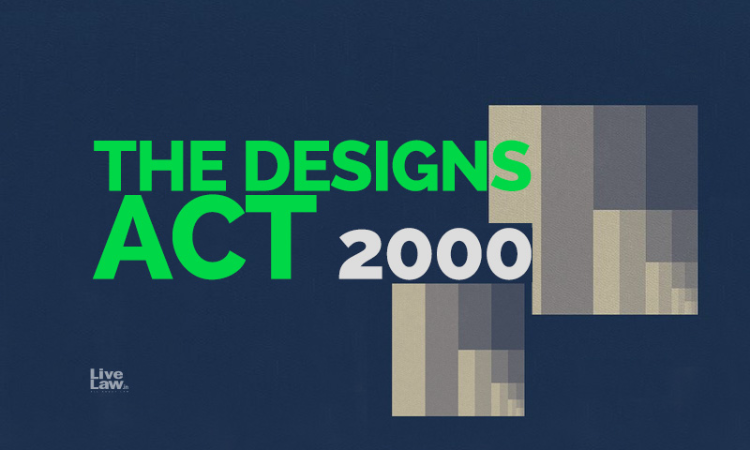The Delhi High Court has held that a design identical with or even materially similar to a pre-existing design should not be published or registered. A single judge bench of Justice Navin Chawla also held that mere trade variants of what is already in existence or what is common to the trade is not capable of being registered.Briefly, the facts of the case are that the plaintiff, Philips...

